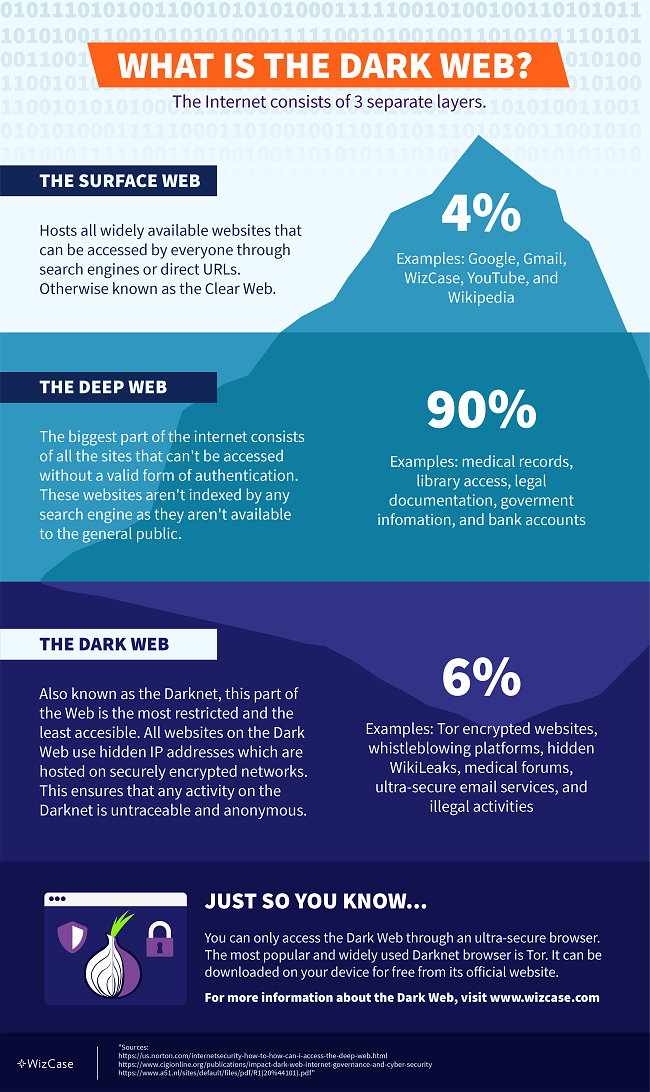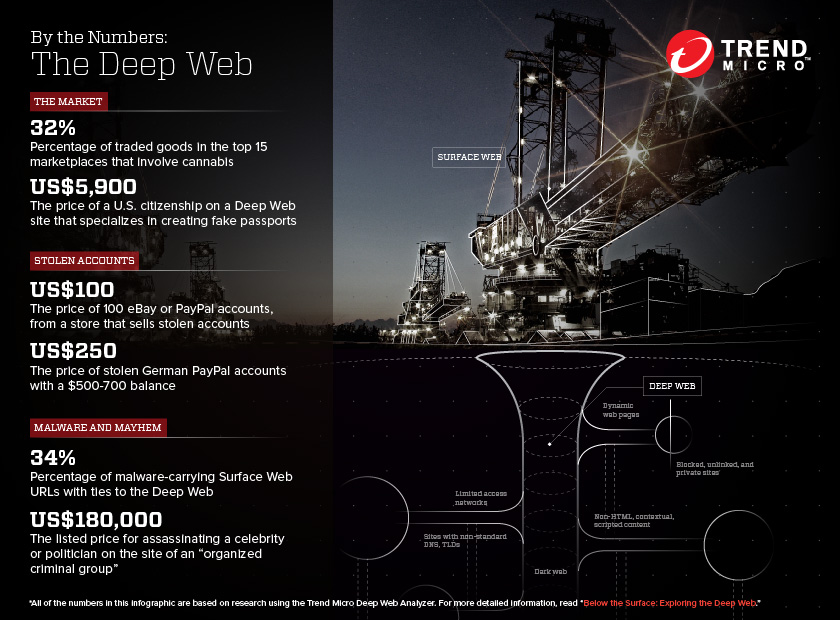In the depths of the internet lies a hidden world that operates outside the grasp of conventional search engines and social media platforms. This is the realm of the dark web, a part of the internet that is often linked to anonymity and illicit activities. Dark web markets have captured significant attention in the past few years, enticing a mix of curious explorers, cybercriminals, and those looking for items and products that are hard to locate on the surface web.
As people delve into the complexities of the dark web, they come across various marketplaces that trade in everything from licit drugs to stolen data. These markets operate on the principle of secrecy, using encryption and other technologies to protect the anonymity of buyers and sellers. However, this shroud of anonymity poses important questions about legality, ethics, and the implications of engaging in such exchanges. Exploring the dark web offers a glimpse into one of the most controversial and misunderstood aspects of the internet, revealing both the appeal and the risks of this hidden landscape.
Comprehending the Dark Web
The hidden web is a part of the web that is not indexed by conventional search engines, making it difficult to access for most users. It demands specific programs, such as Tor, to enter and navigate, providing anonymity to people and permitting them to take part in activities that can be both legal and illegal. This concealed realm fosters a sense of privacy and safety, attracting a wide range of individuals, including informants, campaigners, and individuals looking to escape surveillance.
Within the dark web, a diversity of marketplaces have developed, concentrating in the exchange of items and assistance that range from the benign to the criminal. These platforms often function on a virtual currency basis, ensuring transactions remain untraceable and secure. While certain shadow web markets emphasize on security-oriented tools, others may deal in forbidden drugs, firearms, or illicitly acquired data, forming an space that is both intriguing and dangerous.

Understanding the dark web is crucial in evaluating the broader implications of its presence. While it acts as a haven for lawful pursuits, such as open discourse in oppressive regimes, it simultaneously presents significant challenges to law enforcement and society at large. Tackling the nuances of the hidden web calls for a sophisticated approach that balances the necessity for protection with the entitlements to privacy and freedom of expression.
The Economics of Dark Web Markets
This underworld operates on a unique economic model that varies substantially from traditional markets. One of the defining features is the use of digital currencies, which allow buyers and sellers to conduct deals without revealing their identity. This anonymity promotes a sense of protection among users, enabling them to engage in questionable activities without concern about being tracked by authorities. The increase of digital currencies like Bitcoin and Monero has also supported this environment, making exchanges quick and not as vulnerable to financial rules.
The balance of supply and demand on the dark web are captivating. dark market 2026 exhibit a broad array of products and offerings, ranging from narcotics and counterfeit products to hacking services and personal information. This diversity attracts a varied user base, driving contestation among vendors. Some merchants thrive on standing and customer reviews, while others rely on competitive pricing tactics. The contest often leads to innovation in product offerings and support methods, including within this hidden market.
However, the inherently unstable character of dark web markets presents significant dangers. Police continuously watch these platforms, leading to cyclical initiatives against illegal activities that can instantly alter market conditions. Marketplaces may disappear or be seized, causing sellers and buyers to lose investments suddenly. In addition, the presence of scam vendors can create distrust among users, prompting a cautious approach to purchasing. Thus, although the temptation of privacy and informal markets attracts many, actors in these markets must maneuver through a landscape fraught with uncertainty and threat.
Threats and Consequences of Deep Web Participation
Engaging with illicit online markets poses significant dangers, both. One of the key issues is the judicial consequences associated with buying or dealing in illicit products and offerings. Law enforcement agencies have become increasingly adept at pursuing activities on the deep web, leading to arrests and convictions for those engaged in illegal activities. Users may end up confronting severe consequences, including substantial monetary penalties and prolonged incarceration.
In also to judicial threats, navigating the dark web can put individuals to online threats. The secrecy and lack of oversight of dark web markets attract a broad range of harmful individuals, such as cybercriminals and con artists. Users may fall victim to theft, economic scams, or additional cybercrimes. Additionally, engaging in these platforms can lead to a diminution of safety, as individuals may accidentally reveal sensitive information or encounter harmful or abusive information.
Ultimately, the mental effects of engaging with dark web sites should not be overlooked. The nature of the products and goods often found there can be disturbing, leading to psychological harm or numbness to aggression and criminal conduct. This can lead to heightened stress and internal conflicts, creating a tension between individual ethics and the temptation of privacy and freedom that the deep web offers. In summary, these combined risks illustrate the perilous landscape of dark web engagement.

